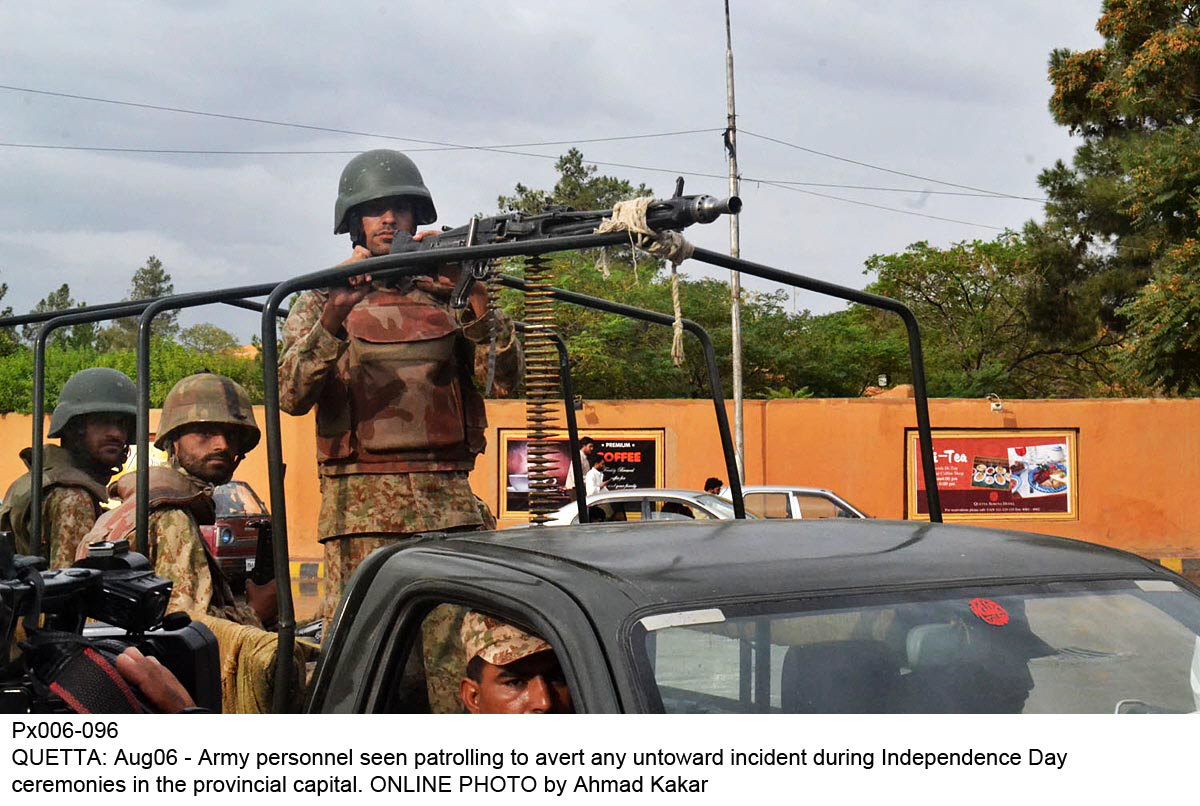
Within hours of the attack in Sehwan, a new operation was launched, hundreds of suspects were arrested and border between Pakistan and Afghanistan was closed indefinitely. Now, there’s a renewed focus on National Action Plan and what it has achieved so far. The 20-point agenda, formed with the consensus of all political parties, leaves so much to be desired even though two years have passed since it was first drafted.
A progress report in this regard was presented in the Senate by Minister of State for Interior Balighur Rehman; it talks about the actions taken by the federal and provincial governments as well as by different ministries. According to the numbers given in the report, 1,865 terrorists have been killed and 2,465 people have been arrested for hate speech; it also claims that 64 proscribed organisations have been identified and 2,311 madrassas have been closed in Sindh.
While the numbers may appear impressive, they cannot be used as a sign of progress until a thorough comparison is done with other relevant variables such as total crime rate, terror attacks and incidents of hate speech. The data must also be studied against the 20 points of NAP and how it has helped achieve the targets laid down in the agenda.
The evaluation of NAP progress must be an ongoing exercise involving stakeholders from all branches of the government, the military and the civil society; it must be a constant process of identifying problems and fixing them if true change is to be achieved.
Published in The Express Tribune, March 13th, 2017.
Like Opinion & Editorial on Facebook, follow @ETOpEd on Twitter to receive all updates on all our daily pieces.












COMMENTS (2)
Comments are moderated and generally will be posted if they are on-topic and not abusive.
For more information, please see our Comments FAQ